Intentional Motherhood with Monique Russell: Podcast Episode #152
Kristin and Monique, author of Intentional Motherhood: Who Said It Would Be Easy?, discuss her book and share tips to connect with your children and communicate your needs with others to better enjoy this time of transition. You can listen to this complete podcast episode on iTunes, SoundCloud, or wherever you find your podcasts. Welcome. […]
Nursery Trends and Safety: Podcast Episode #150

Kristin chats with Naomi Coe, founder of Little Crown Interiors and author of Your Perfect Nursery about nursery trends and nursery safety. You can listen to this complete podcast episode wherever you find your podcasts. Welcome. You’re listening to Ask the Doulas, a podcast where we talk to experts from all over the country about […]
Happy with Baby: Podcast Episode #146
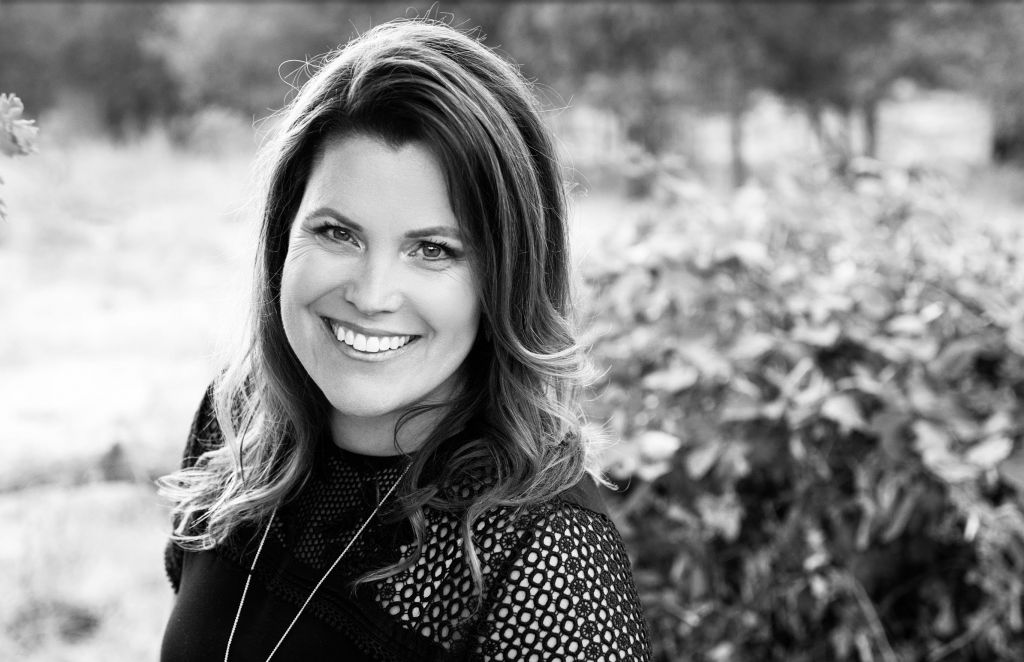
Kristin & Catherine, author of Happy with Baby, discuss the challenges of moving from partner to parent and how that can throw you for a loop. You can listen to this complete podcast episode on iTunes, SoundCloud, or wherever you find your podcasts. Welcome. You’re listening to Ask the Doulas, a podcast where we talk […]
Sabrina, Founder of Osso Safe – Podcast Episode #144
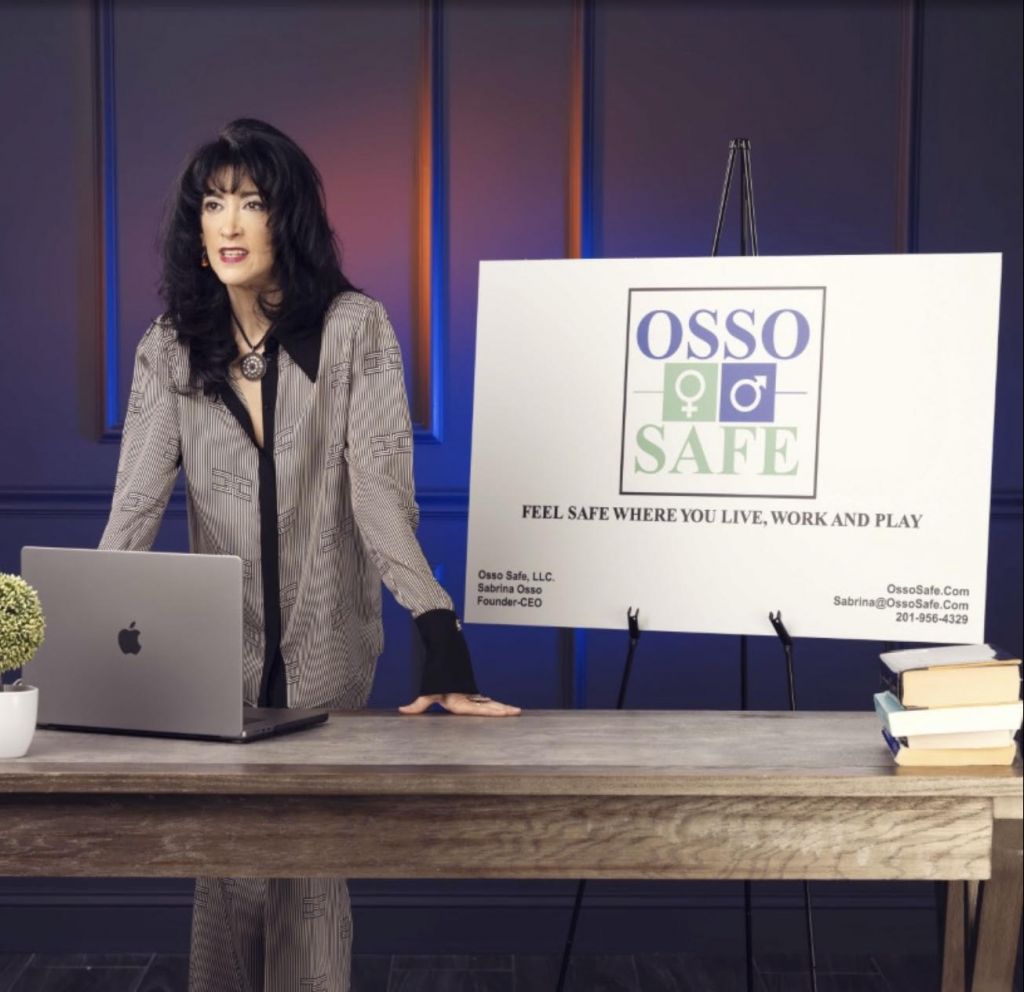
Kristin chats with Sabrina of Osso Safe about preventing violence in a relationship and how OSSO safe can protect families. You can listen to this complete podcast episode on iTunes, SoundCloud, or wherever you find your podcasts. Welcome. You’re listening to Ask the Doulas, a podcast where we talk to experts from all over the […]
Talking Formula Shortages with Kelly, IBCLC: Podcast Episode #141

Kristin and Kelly discuss the formula shortage and share resources to help families during this stressful time. You can listen to this complete podcast episode on iTunes, SoundCloud, or wherever you get your podcasts. Welcome. You’re listening to Ask the Doulas, a podcast where we talk to experts from all over the country about topics […]
Benefits of Baby Massage: Podcast Episode #140

Kristin chats with Helen Thompson about the benefits of baby massage and the bonding that it provides for parents and the newborn. You can listen to this complete podcast episode on iTunes, SoundCloud, or wherever you find your podcasts. Welcome. You’re listening to Ask the Doulas, a podcast where we talk to experts from all […]
Amanda Tice and The New Mom Code – podcast episode #139

Amanda Tice, model and author, talks about becoming a new mom. You can listen to this complete podcast episode on iTunes, SoundCloud, or wherever you get your podcasts. Welcome. You’re listening to Ask the Doulas, a podcast where we talk to experts from all over the country about topics related to pregnancy, birth, postpartum, and […]
Harnessing the Power of Stem Cells Through Cord Blood Banking
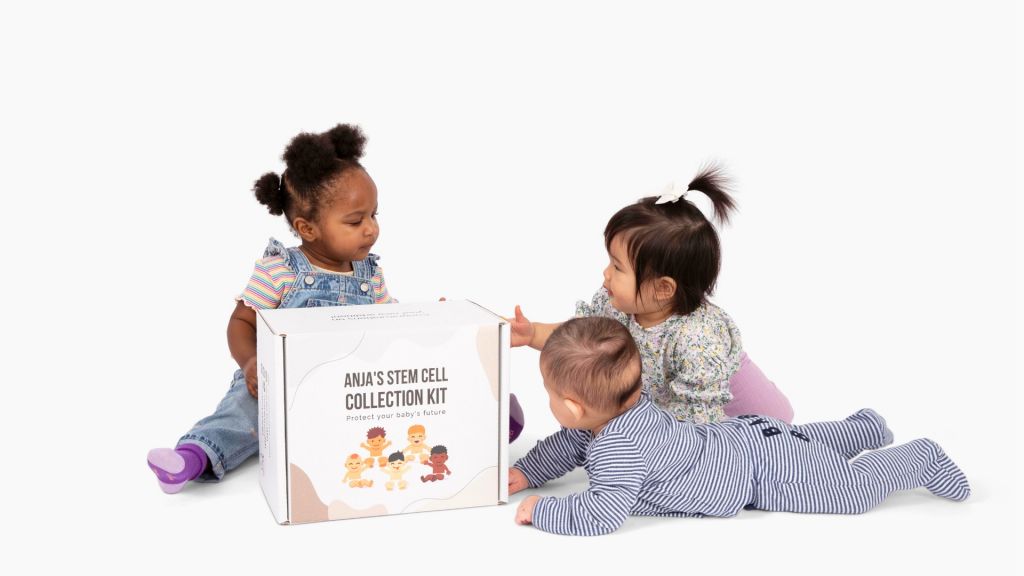
Stem cells are special human cells that have the potential to become many different types of cells, such as brain cells, muscles cells, and more. These cells have the potential to treat, or even sometimes reverse diseases that have left patients of the past without effective options. Umbilical cord blood banking provides potential treatments for […]
Newborn Sleep – What New Parents Should Expect
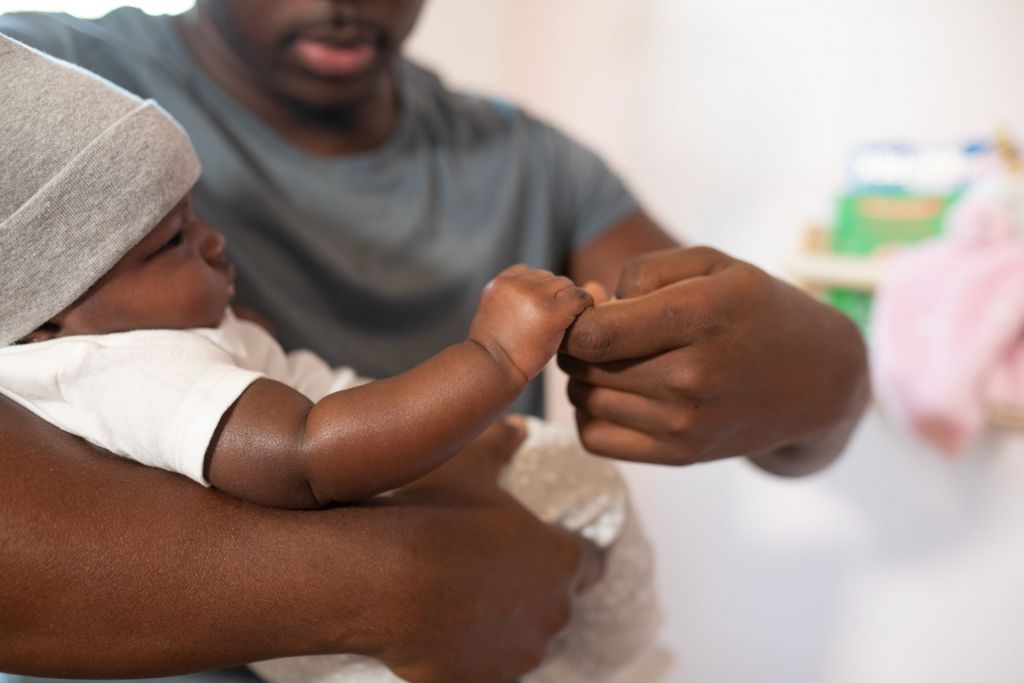
New parents often have unrealistic expectations about sleep when they bring a baby home. Some parents think they will get to sleep a lot because a newborn sleeps a lot. I’ve heard other parents say they don’t think they will get any sleep for weeks or months. I’m here to tell you that neither of […]
My family is growing, and my home needs to as well!

Need a bigger house but don’t know where to start? The idea of finding a house that checks all the boxes while you’re growing your family sounds daunting. I promise we can make it happen. Have you been to Target multiple times to buy new storage containers, totes, and any other organization hacks, but still […]
Ask Dr. Mom: Podcast Episode #135

Kristin talks with Dr. Elham Raker about telemedicine in times of COVID and offers parenting tips for mothers . Dr. Elham is the official “Ask Dr. Mom” who has leveraged her experience as a pediatrician to help parents navigate the “shoulds” of motherhood. Welcome. You’re listening to Ask the Doulas, a podcast where we talk […]
Talking About Tricky Topics With Your Caregivers: Podcast Episode #133

Today we discuss the importance of having difficult conversations with your nanny or caregiver. Joining us is Carol Kramer Arsenault of Boston Baby Nurse & Nanny. You can listen to this complete podcast episode on iTunes, SoundCloud, or wherever you listen to podcasts. Welcome. You’re listening to Ask the Doulas, a podcast where we talk […]
5 Tips to Build a Low EMF Emissions Home for Your Baby
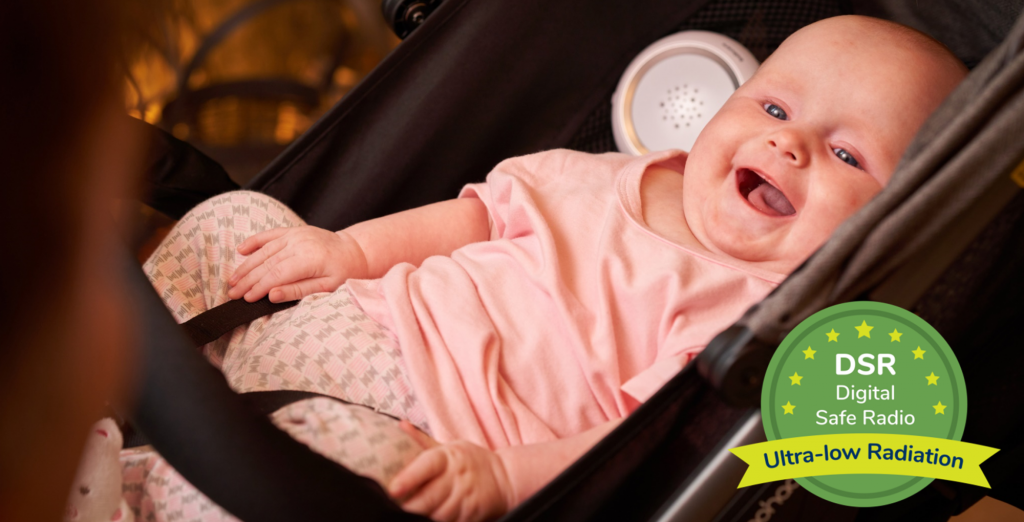
Guest blog post by Andrew from Bebcare Low Emissions Baby Monitor Parents are deeply concerned about the safety of their baby. Why wouldn’t they be? Your baby is your bundle of joy and the most precious. With the abundance of wireless devices these days, EMF radiation is a hot topic amongst parents. In this blog […]
How to get my baby to sleep through the night.
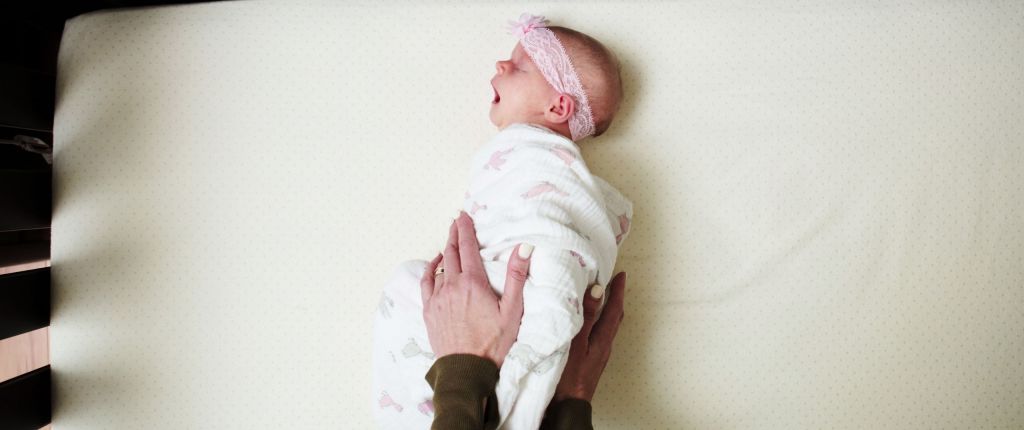
This is probably the most commonly asked sleep question for parents, and unfortunately there isn’t an easy answer! There are many factors involved when attempting to answer this question. It can depend on things like: How old is your baby? How much do they eat? How often do they eat? Were they premature? Do they […]
How the Pandemic Positively Affected Working Out From Home!

The original owner, Marissa Andersen, and I (Sarah Greidanus) soon-to-be owner, went into 2020 knowing that it would be a big year for our business – FIT4MOM Grand Rapids. Marissa was passing on the reins to me after being in the helm for over 8 years. The transition was underway and everything was scheduled to […]
Creating a Calm Space: Podcast Episode #114
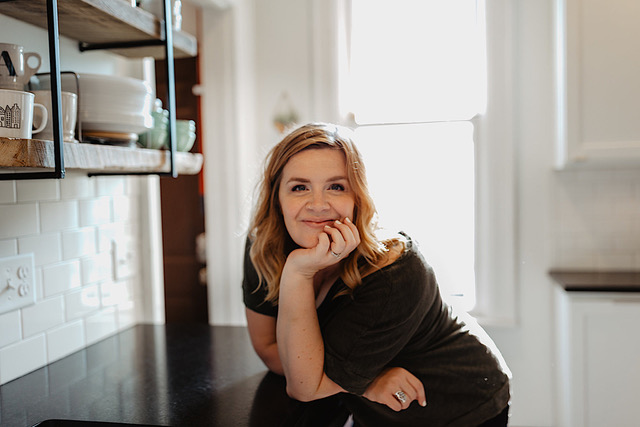
Today Amber Brant of The Coziness Consultant talks with Alyssa about how new moms can create a calm space in their homes in the midst of chaos. You can listen to this complete podcast episode on iTunes or SoundCloud. Welcome. You’re listening to Ask the Doulas, a podcast where we talk to experts from all […]
Car Seat Safety with Secure Quest: Podcast Episode #109
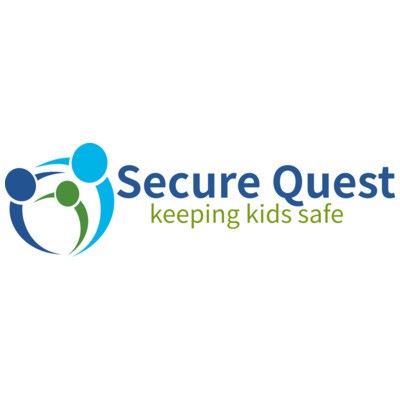
Kristin talks with Jennifer Hoekstra, one of the owners of Secure Quest, about car seat safety for our babies and toddlers. You’ll be astonished at how many of us install our car seats incorrectly! You can listen to this complete podcast episode on iTunes or SoundCloud. Kristin: Welcome to Ask the Doulas with Gold […]
Sleep and Virtual School: Podcast Episode #106
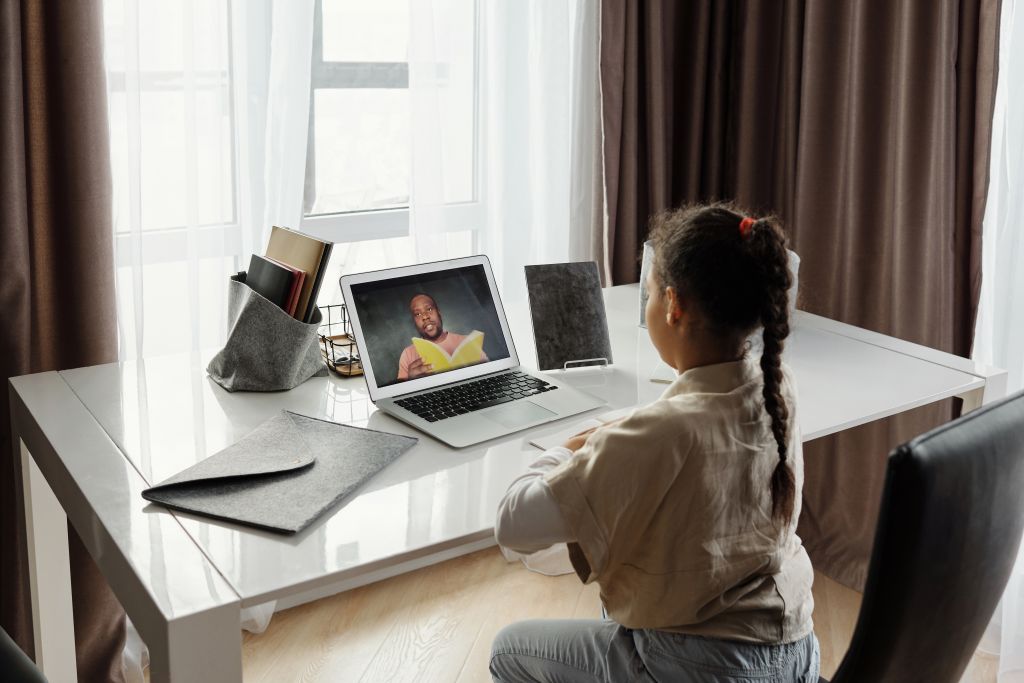
Kristin and Alyssa talk about the struggle to get kids to sleep during virtual school at home. Is it important to have a set bedtime? Can kids stay up late? We answer these questions and more! You can listen to this complete podcast episode on iTunes or SoundCloud. Alyssa: Hello. Welcome to the Ask […]
What I Wish I Knew: Podcast Episode #104

Kristin and Alyssa, owners of Gold Coast Doulas, talk about the things they wish they had known before having a baby. Listen to this fun episode packed with advice and lots of little gold nuggets of information for new parents! You can listen to this complete podcast episode on iTunes or SoundCloud. Kristin: Welcome to […]
Top 5 Return To Learning Tips

Fall is almost upon us…chunky sweatshirts and boots, falling leaves and school…let’s take a look at how best to prepare mentally and physically for what returning to learning means to you and your family. First of all, you are NOT alone in your feelings of anxiety or vulnerability and it is exhausting living in the land of uncertainty. There are, however, a […]
Creating a Safe Sleep Space: Routers
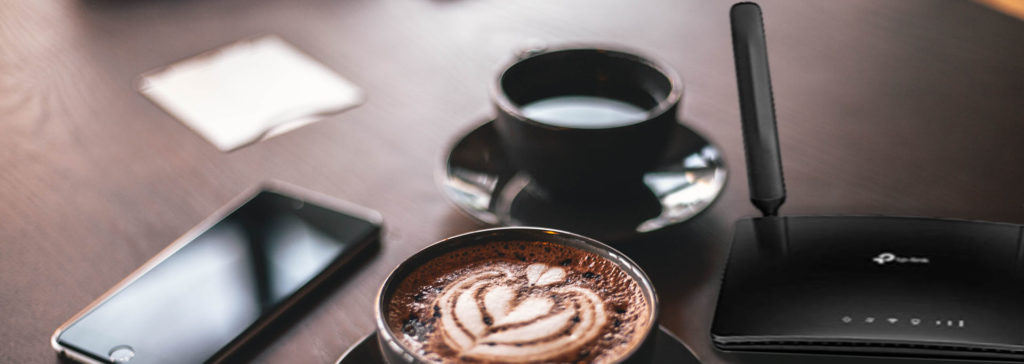
Alyssa Veneklase talks with Lisa Tiedt, Building Biologist and owner of Well Abode, about creating health sanctuaries in our homes. You can watch this video on YouTube. Alyssa: Hi. It’s Alyssa and Lisa here again. This is Part 3 of our series on how to create a low EMF sleep space, and we’ve kind […]
Creating a Low EMF Sleep Space: Baby Monitors

Alyssa Veneklase talks with Lisa Tiedt, Building Biologist and owner of Well Abode, about creating health sanctuaries in our own homes. You can watch this video on YouTube. Alyssa: Hi, again. We are in our series of how to create a safe sleep space, and I am Alyssa, talking to Lisa Tiedt again. She […]
Adult Separation Anxiety: Podcast Episode #99
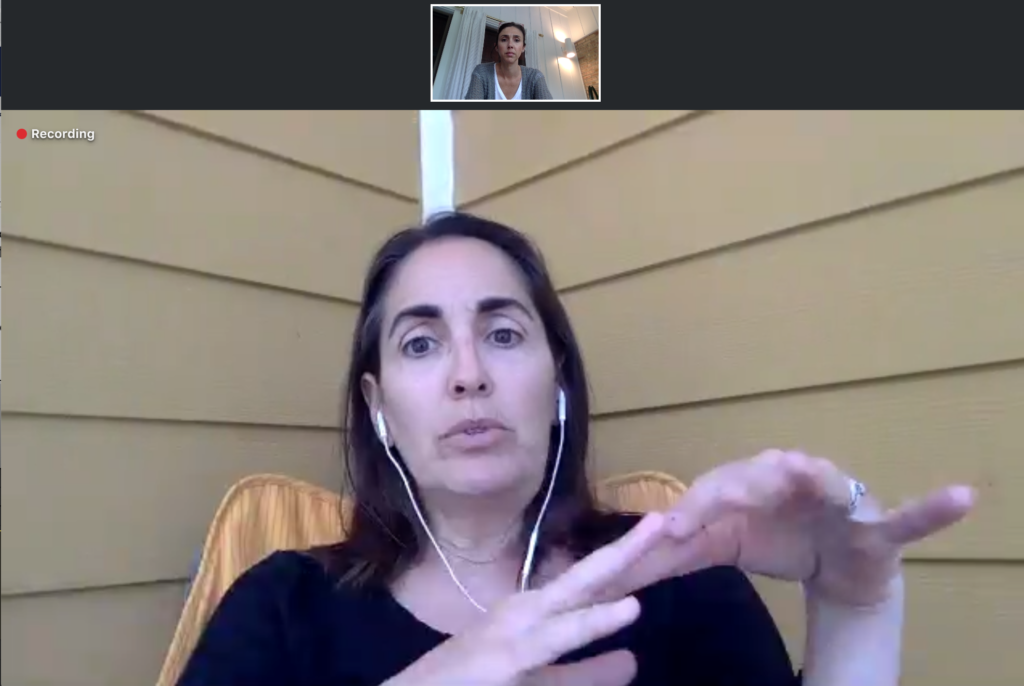
On this episode, Alyssa and Laine begin by talking about parenting anxiety and the distance that parents can sometimes feel as their babies and children grow and seem to need them less. The conversation takes some interesting turns to talk about having clear boundaries for kids, pivoting our expectations of children as they grow, and […]
My Favorite Sleep Products

During sleep consultations I am often asked what my favorite products are. While I have many, parents must realize that my favorite sleep sack or swaddle may not be their child’s favorite! I will list several products in this blog and tell you why I like them, but you know your baby or child best. […]
